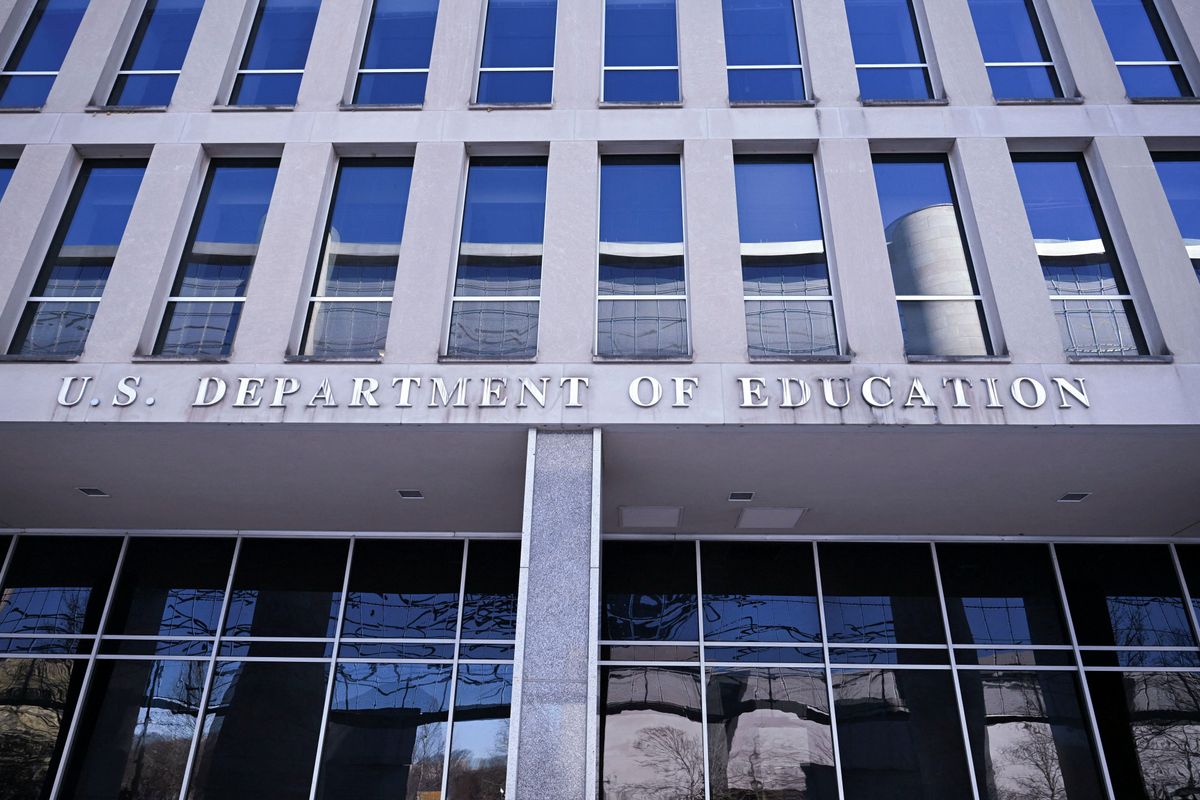
The U.S. Supreme Court last week ruled the Trump administration could continue dismantling the Department of Education. Waves of firings halted by a lower court could now resume, it seems, until all 1,400 employees are gone.
The department oversees billions for schools, for civil rights actions, for a federal student loan program, for education access. In other words, the common good.
It’s the latest public institution under assault by people obsessed with destroying any semblance of a common good. This tension between America’s soaring ideals and its cruel realities has existed as long as the country has.
Congress established the department back in 1979, and closing it not only would require an act of Congress, but likely supermajority votes. If this fight sounds familiar, it’s because it has historical roots.
A June NPR podcast, The First Department of Education, whisked listeners to the 1830s as a “common school movement” developed in the Northeast. Nativist fears about Irish Catholic immigrants propelled the effort.
Proponents believed education could reverse increasing societal fragmentation. This might help unify the country under a common system — free public school in every state — not just for education, but also for citizenship.
Future President James Garfield in 1866 called education one of government’s most economical expenditures.
“A tenth of our national debt expended in public education 50 years ago would have saved us the blood and treasure of the late war,” Garfield said, according to the podcast. “A far less sum may save our children from still greater calamity.”
Congress created the system, but it lasted only about a year, dragged down by claims education represented a waste of money, that it undermined local control and that the word “education” didn’t appear in the Constitution.
The South, according to the podcast, considered education dangerous. The Black population represented a majority or near majority in a handful of Southern states, and withholding education offered an effective means of social control.
The podcast also pointed out that Southerners seemed more vulnerable to demagoguery because of lack of education.
Withholding education as social control fits a historical pattern. Any common good seemingly must weather accusations of wastefulness. This push for individualism benefits the wealthy minority at the expense of a hardscrabble majority.
The strategy crystallizes though today’s performative cruelty. Crushing empathy is necessary to stamping out a sense of common good, whether education, voting rights, or universal health care (opposed by rich politicians on public health care).
Increasing waves of politicians exalt qualities that should disqualify them as public officials: a mistrust of government, demonizing opponents, and supporting private schools with public money. These qualities should stand as barriers to candidacy, not bona fides.
Countless candidates promote themselves as “CEOs,” but governments aren’t corporations. Governments exist for the common good.
Wichita State University associate professor of sociology Chase Billingham said this rugged individualism, marked by minimal social obligations, remains a bedrock principle for those leaning right.
He said the late British Prime Minister Margaret Thatcher once argued there was “no such thing as a society.”
“Our government, our social safety net and some of our most treasured institutions, like public libraries, public schools and public media … are all antithetical to that radical individualism,” he said.
Such institutions represent a kind society, but they face extinction or significant weakening, he said. The result will be a society characterized by self-interest and self-centeredness — a mean society.
“Increasingly, treasured resources will be available exclusively to those who can pay for them,” he said. And as we lurch toward Thatcher’s ideal, “even the most ardent conservatives will find that they don’t enjoy the actual experience of living in that world.”
Until Gov. Laura Kelly ascended to Cedar Crest, Kansas routinely underfunded public education, and right now, extremists in the Legislature want to send public money into private schools via school vouchers.
That will neither promote the general welfare nor secure any blessings of liberty.
If you hate government and you’re indifferent to human suffering, you shouldn’t run for office. Attacking public education constitutes an attack on our societal fabric.
We need people who believe in government, not hateful bureaucrats eager to scrap crucial institutions people depend on for upward mobility if not basic survival.
It’s called “public service” for a reason.
- Mark McCormick is the former executive director of the Kansas African American Museum, a member of the Kansas African American Affairs Commission and former deputy executive director at the ACLU of Kansas.




